
History
Art exhibition to showcase 200 years of Liverpool John Moores University history
2 years ago
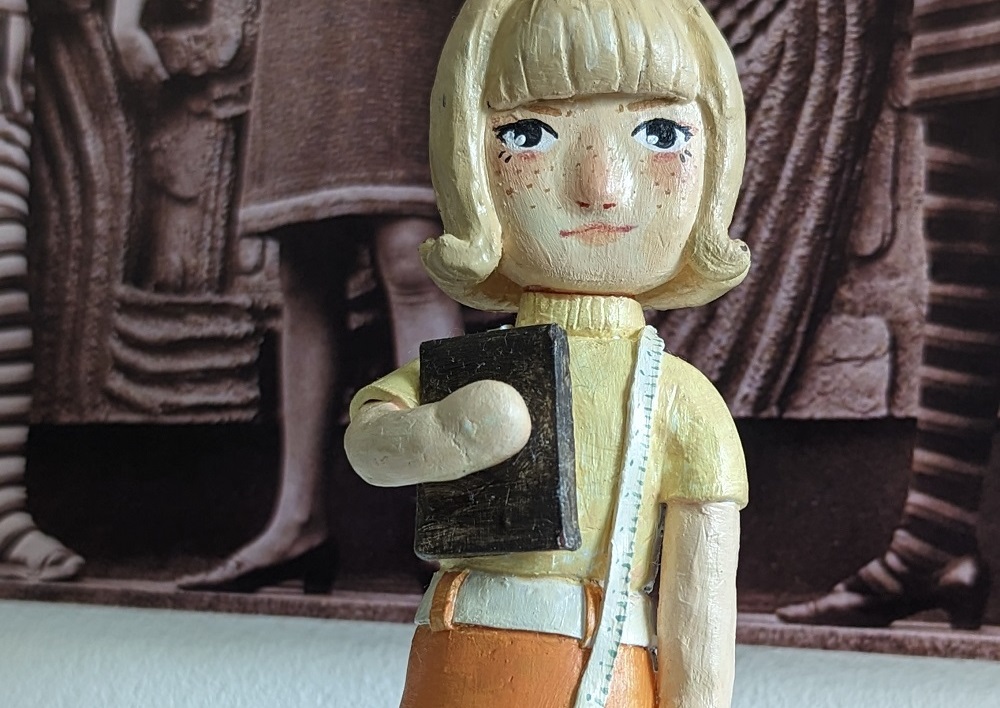
Characters and culture from 200 years of Liverpool’s educational history feature in a new art exhibition being staged at LJMU from this week (5 – 27 October, 2023).
The exhibition is part of this year’s bicentenary for Liverpool John Moores University, which traces its roots back to 1823.
Pioneering figures like Fanny Calder, Irene Mabel Marsh and Sir John Moores CBE get a ‘stained-glass’ make-over while graphic designers reimagine the early days of cookery classes, nursing and physical education for the show at the John Lennon Building on Brownlow Hill.
The university began ‘teaching the working men and women of Liverpool’ via the Liverpool Mechanics’ and Apprentices’ Library (1823), the Liverpool School of Art (1825), the Liverpool Nurses’ Training School (1862), Fanny L Calder’s Liverpool Training School for Cookery (1875), and Irene Mabel Marsh’s College of Physical Training (1900).
As part of the celebrations, students on BA (Hons) Graphic Design and Illustration delved into the University’s Special Collections and Archives to learn about the history of LJMU, its links to the city, and the expansion of education in Liverpool. Through their research, the students created new designs – posters, booklets and models – inspired by the stories and artefacts they had discovered, which will be shown alongside historic photographs, documents and artefacts.
Students work include:
Alice Muirhead, Designs for Stained Glass
These designs show key figures from LJMU’s history such as educational pioneers Fanny L Calder and Irene Mabel Marsh and Littlewoods tycoon Sir John Moores. They also celebrate the contribution of LJMU students over the last 200 years across the fields of arts, science, health, technology, domestic crafts and physical education. Ideas for these designs were inspired by a range of photographs and documents held in LJMU’s archives.
Hannah Jones, Modern Day War Cake Recipe
This risograph print illustrates and updates Fanny Calder’s famous Economical War Cake recipe which reflects the impact of wartime rationing, particularly in its substitution for butter with animal dripping as a cheaper fat alternative! Published 29 May 1914, the original recipe was written by Calder as one response from the field of Domestic Science to the dramatic impact of the First World War on the British population. Later recipes published by F L Calder College demonstrate even greater nutritional deficiencies during the inter-war period with other suggested substitutions including using potatoes as a replacement for meat.
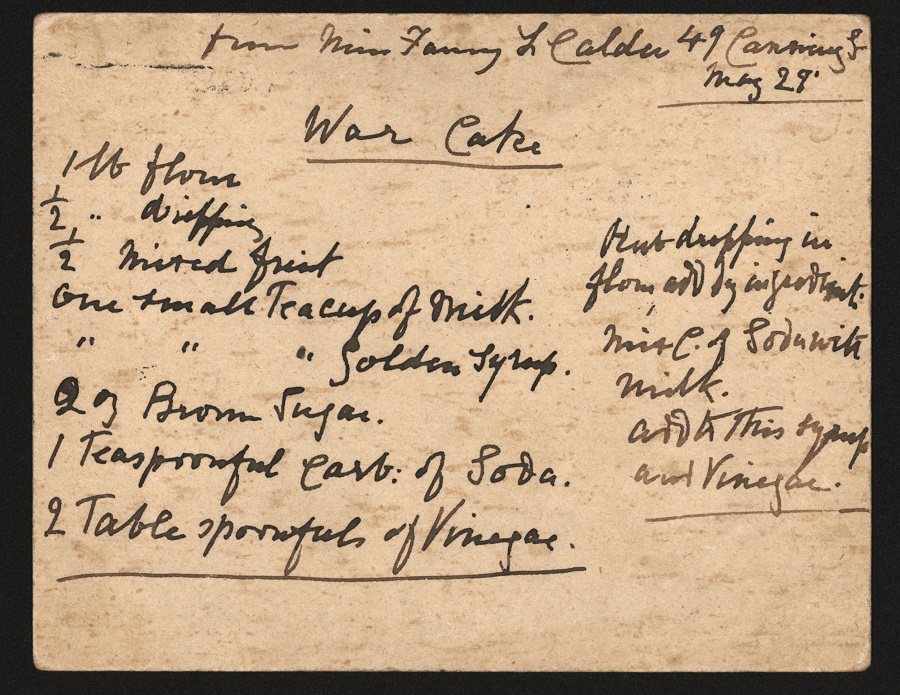
Ethan McQuirk, The Rules and Regulations of The IM Marsh College of Physical Education
A concertina booklet highlighting some surprising early entrance requirements from Irene Mabel Marsh’s College of Physical Education relating to the appearance and deportment of its female students. These included rules against bobbed hair and other fashionable styles in the 1920s, the necessity to be over 5’3″, to be of a good social position, have no regional accent, and be educated at a high-class school. McQuirk contrasts these requirements with the achievements of current-day female athletes.
Dan Griffiths, Walton House Artefacts
These models explore how student occupiers may have passed the time at Walton House during the many 1970s Liverpool Polytechnic Student Union sit-ins for improved student welfare. Griffiths took inspiration from the SU newssheets and memorabilia within the archive which demonstrate the activities, tactics, and motivations behind the protests, such as capping rising accommodation fees and offering more support for students with childcaring responsibilities.
Matt Burke, Student Life
These watercolours showing current art school student activities are inspired by images of student life in The Comet, a publication produced by students at The Liverpool School of Art in the early 1900s, for which the archive hold copies from 1900-1913.
When: 05 – 27 October 2023 Monday – Thursday 9am-9pm, Friday 9am – 6pm.
Where: Atrium Gallery, The John Lennon Art and Design Building, 2 Duckinfield Street, Liverpool L3 5RD.



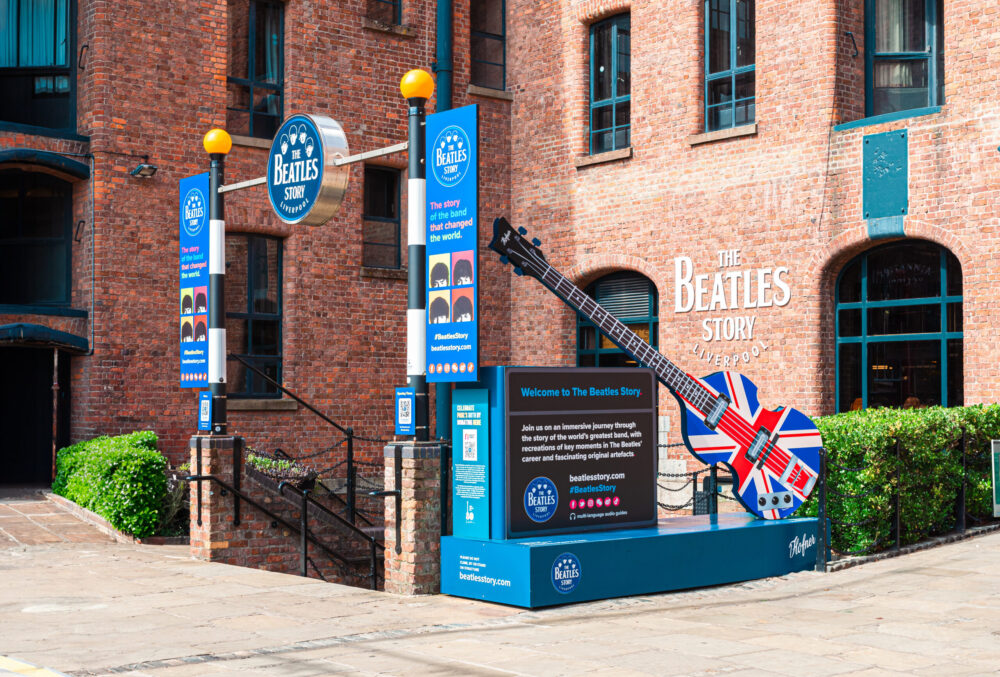
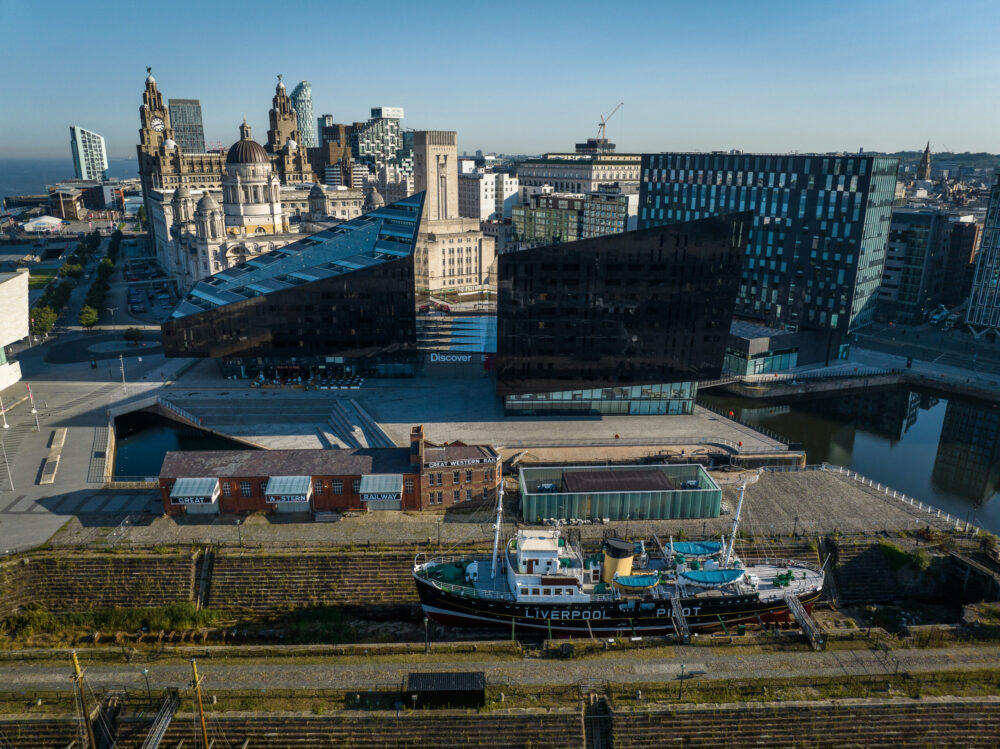
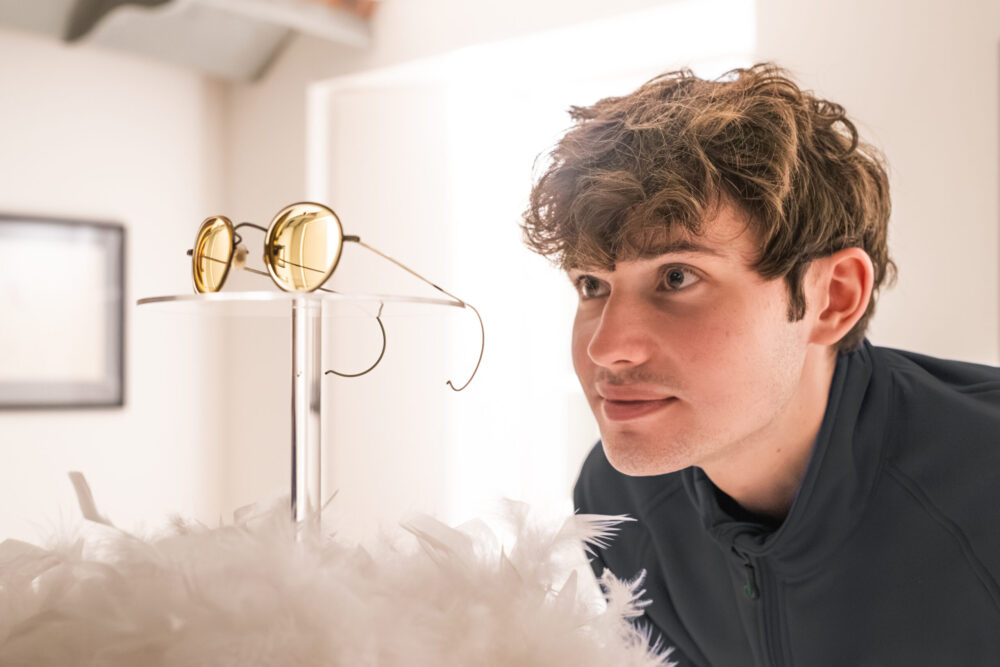
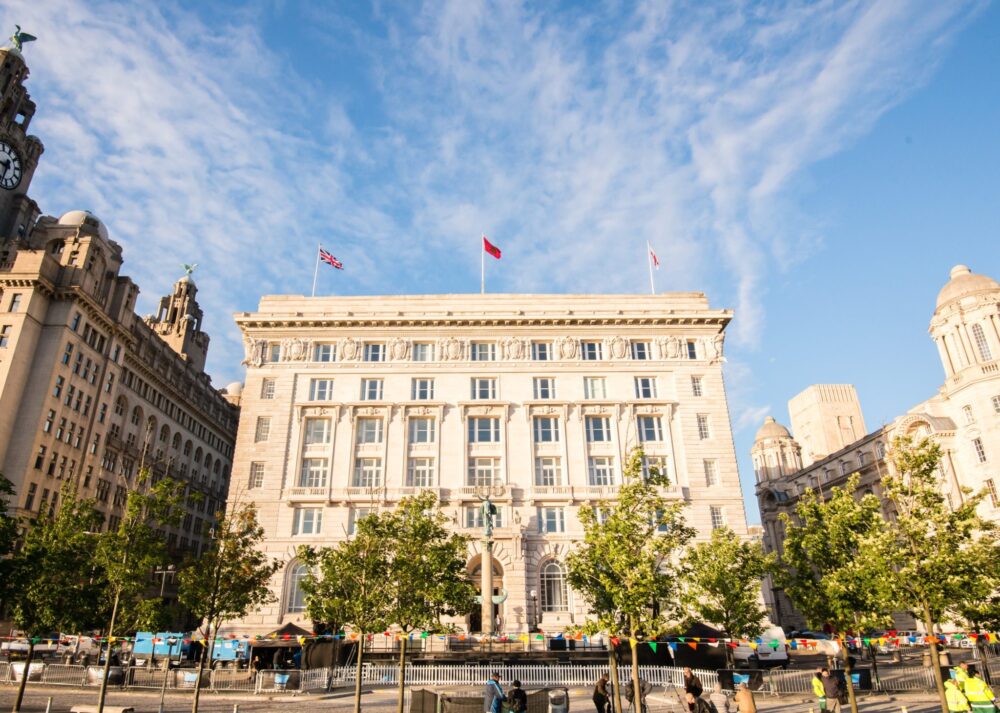
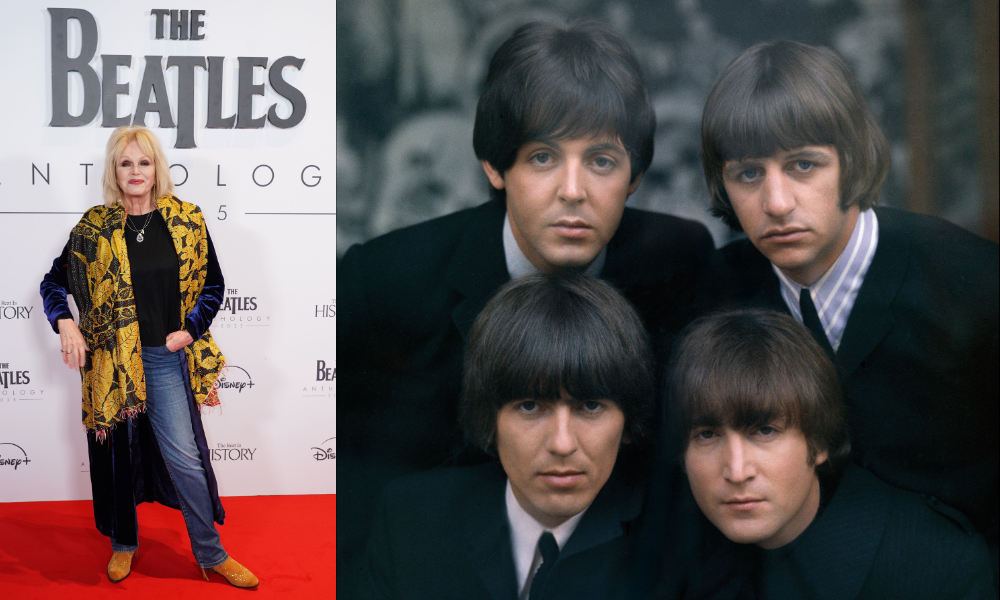
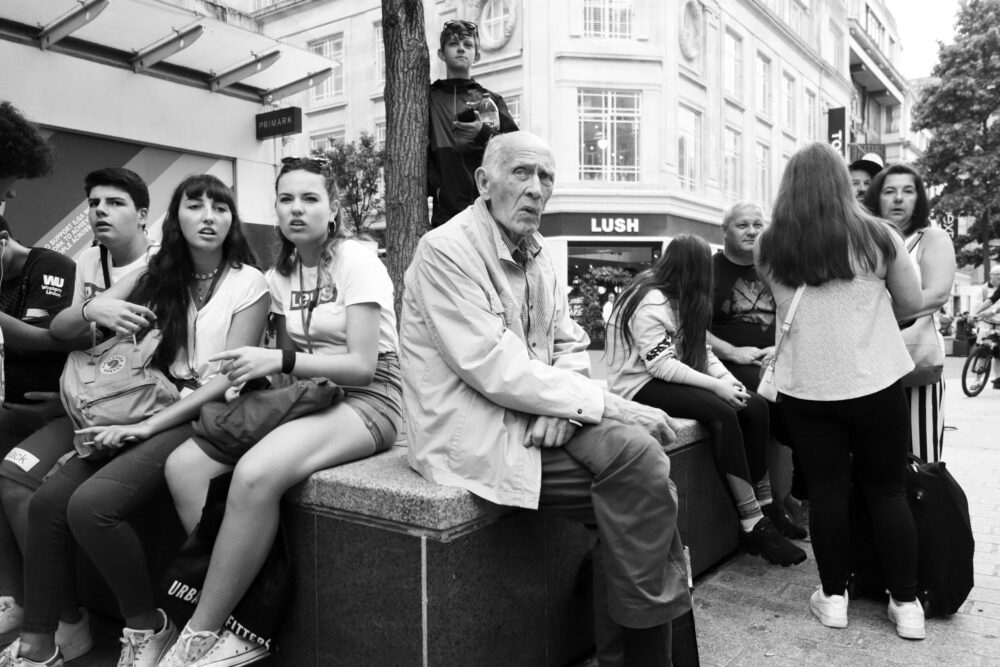
 Subscribe
Subscribe Follow Us
Follow Us Follow Us
Follow Us Follow Us
Follow Us Follow Us
Follow Us Follow Us
Follow Us











